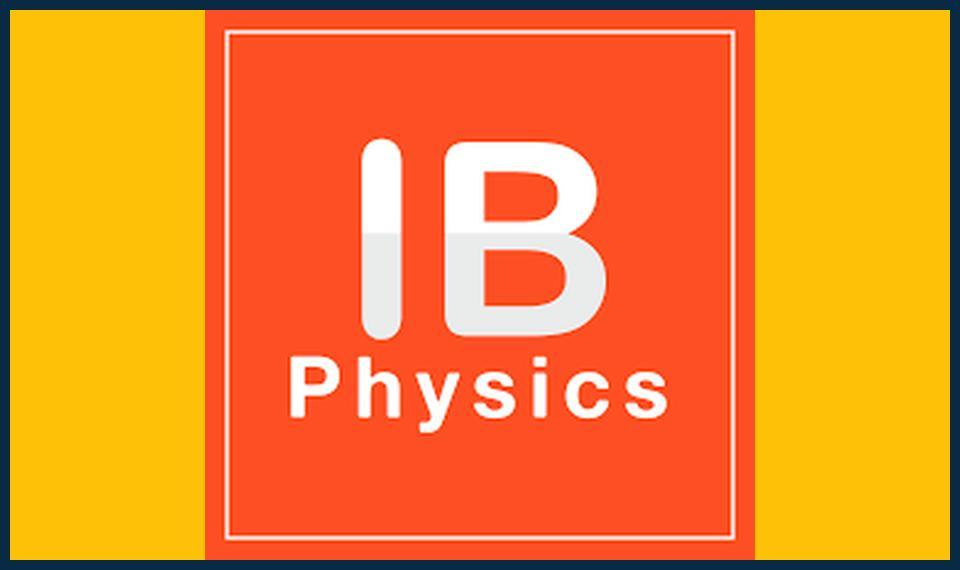![]()
🎓 Unlocking Success with HandsOn Learning: A GameChanger for IB Physics Students 🔬
Why HandsOn Learning Matters 🤝
In the world of International Baccalaureate (IB) Physics, traditional textbook learning can sometimes feel like a daunting task. But what if we told you there’s a way to make it more engaging, interactive, and ultimately, more effective? Enter handson learning.
What is HandsOn Learning? 🧪
Handson learning is an educational approach that encourages students to learn by doing. It involves active participation, experimentation, and application of concepts, rather than just passive reading and memorisation.
Why is it Beneficial for IB Physics Students? 💡
1. Improved Understanding: Handson learning helps students grasp complex physics concepts more easily by allowing them to see, touch, and manipulate physical phenomena.
2. Increased Engagement: By getting actively involved in the learning process, students stay more focused and motivated, leading to better academic performance.
3. Development of ProblemSolving Skills: Handson learning encourages students to think critically and solve problems independently, skills that are essential for IB Physics exams.
Practical Tips for Implementing HandsOn Learning 📚
1. Home Experiments: Simple experiments at home can help reinforce concepts learned in class. For example, creating a homemade air resistance model can illustrate Newton’s laws of motion.
2. Online Simulations: There are numerous online resources offering interactive physics simulations, such as PhET Interactive Simulations or the BBC’s Virtual Physics Lab.
3. Tutoring Sessions: Personalised online tutoring sessions can provide a tailored handson learning experience, addressing specific areas of difficulty and encouraging active participation.
Success Stories 🌟
Many IB Physics students have seen significant improvements in their academic performance by incorporating handson learning into their study routine. For instance, Sarah, a former IB Physics student, credits her A grade to the handson experiments she conducted during her tutoring sessions.
FAQs ❓
- 🔬 What kind of handson activities are suitable for IB Physics students?
- 💡 Activities can range from simple home experiments to complex laboratory work, online simulations, and even virtual reality experiences. The key is to make learning interactive and engaging.
- 🎓 How can tutors help in implementing handson learning for IB Physics students?
- 💻 Tutors can provide personalised guidance, suggest appropriate activities, and facilitate discussions based on handson learning experiences.
- 📚 Are there any online resources for handson physics activities?
- 🔎 Yes, resources like PhET Interactive Simulations, BBC’s Virtual Physics Lab, and the American Association of Physics Teachers’ Physics@Home offer a wealth of handson learning activities.
- 📝 Is it essential to have a lab for handson learning in IB Physics?
- 🔬 While a lab can be beneficial, handson learning can be effectively implemented through home experiments, online simulations, and even virtual lab experiences.
- 👨🏫 Can teachers incorporate handson learning into their IB Physics lessons?
- 👩🏫 Absolutely! Teachers can design lessons incorporating activities, demonstrations, and discussions to make learning more interactive and engaging.
- 🤝 How can parents support their child’s handson learning in IB Physics?
- 👨👩👧👦 Parents can encourage their child to conduct simple experiments at home, provide resources for online simulations, and engage in discussions about what they’ve learned.
- 📈 Will handson learning help my child score better in IB Physics exams?
- 📊 Yes, by improving understanding, engagement, and problemsolving skills, handson learning can help students perform better in IB Physics exams.
- 💡 Is handson learning only beneficial for IB Physics students, or can it be applied to other subjects too?
- 📚 Handson learning can be effectively applied to a wide range of subjects, not just IB Physics. It’s a versatile learning strategy that can boost understanding and engagement across the board.




